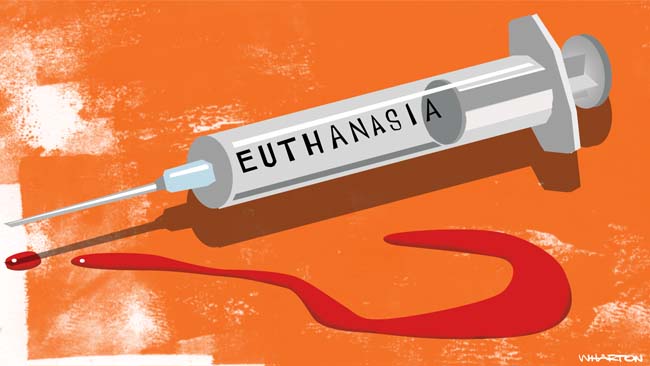
Part III of the Indian constitution deals with the Fundamental Rights of individuals. Fundamental rights as the name suggests are rights that are basic to every human being, and natural to all humans, they are inalienable freedoms that cannot be violated or withdrawn from their lives, not even by the state. Unlike the DPSPs the fundamental rights are justiciable in nature, but the state could always impose certain reasonable restrictions if required but an exception is made towards Articles 20 and 21.
The state’s legislation can amend fundamental rights only if they do not violate the ‘basic structure ’ of the constitution, if the fundamental right of an individual is violated they can directly approach the SC, this feature of enforcement sets apart the ordinary legal rights from the same.
Article 21 is concerned with the protection of life and personal liberty. This article cannot be suspended during an emergency and is available to non-citizens as well. The essential feature of this article lies in the interpretations that have evolved over the years by the SC and the establishment of the key element of quality and dignified life of an individual that covers multiple rights under it.
Right to Death and Euthanasia
Passive euthanasia or the practice of intentionally ending the life of a person by removing life support to save them from a condition wherein they will never regain full consciousness again has been legal in India since March 2018.
However, it is worth remembering that active euthanasia where a patient’s life is ended through an injection or a dose injected by the doctor is still not legal.
Aruna Shanbaug VS Union of India (2011):
Aruna Shanbaug, a nurse in a Mumbai hospital was brutally raped and choked by a sweeper in the hospital where she worked . The assault resulted in her becoming partially blind with severe injuries to her spinal cord and brain. For decades, she remained in a condition wherein she could not recognize anyone around her. A mercy petition in the Supreme Court was filed, urging her to be allowed to die peacefully through the process of euthanasia.
However, the SC, while it indirectly allowed passive euthanasia, did not consent to let Shanbaug die, saying that was up to the consent of the hospital staff
Arguments given in favour of euthanasia are that sometimes a person may have their personal reasons to die like a terminal illness or the lack of mental and physical capacity required to live a life of dignity as Article 21 mentions. In such cases, the better decision is to allow the person to die with their prior consent.
However, those against it say that the possibility of it being misused is high. Even people who are mentally agile and conscious could use it for their own purposes. It is also said that people who take euthanasia do not agree out of completely free will and free from influence. They come under pressure from outsiders. Another argument against euthanasia is given by religious groups who say that birth and death are determined by God alone.